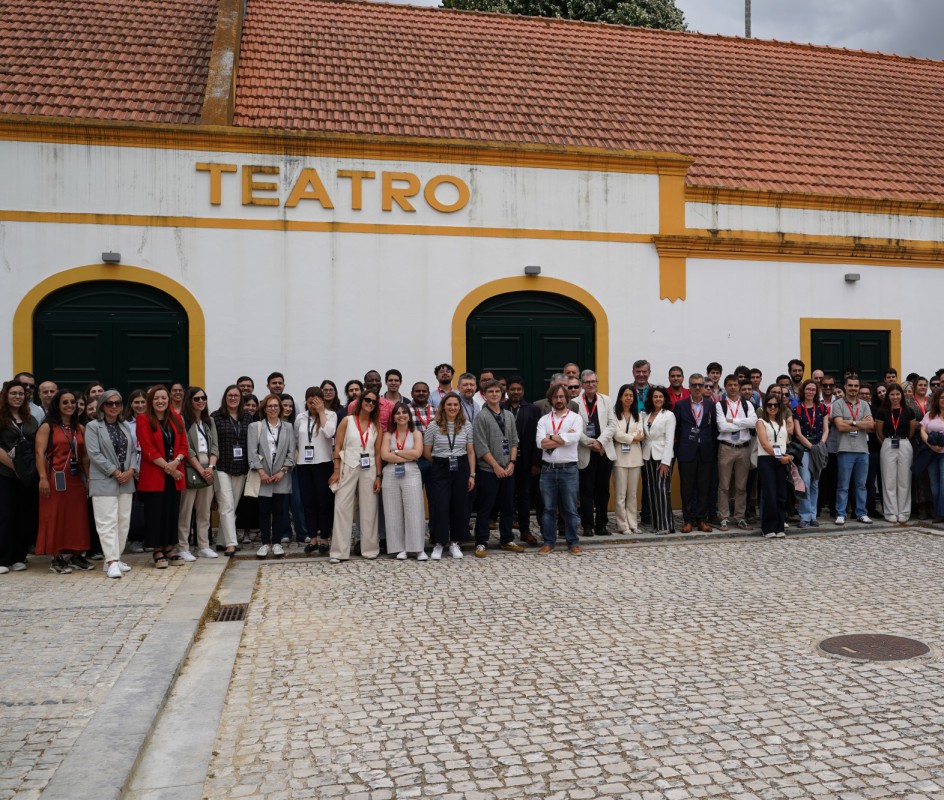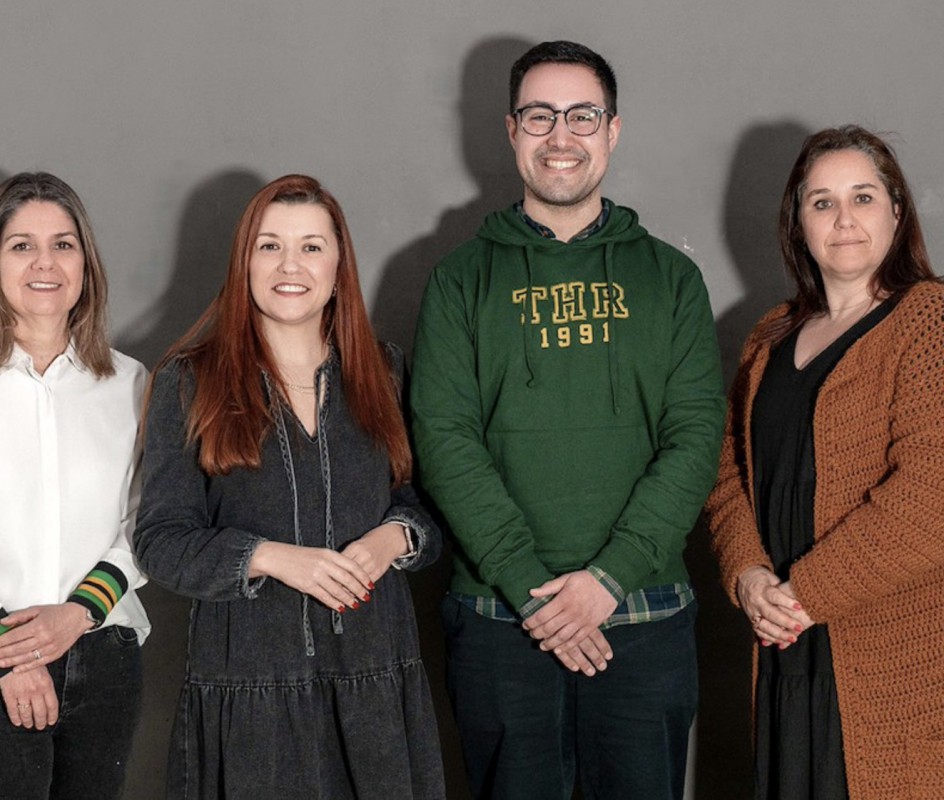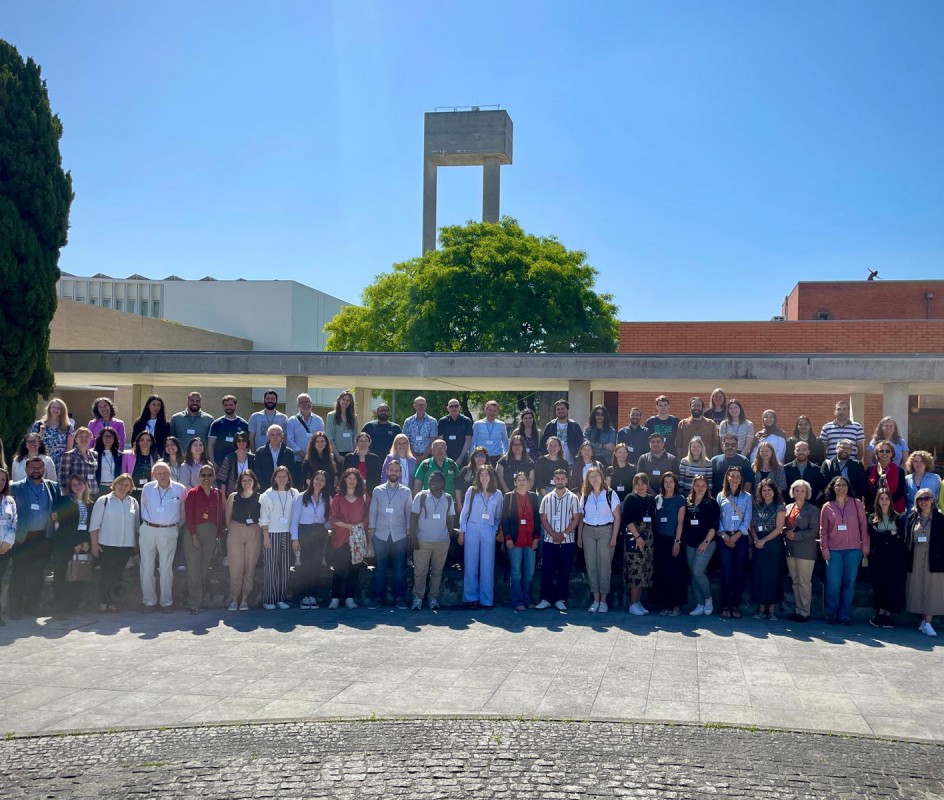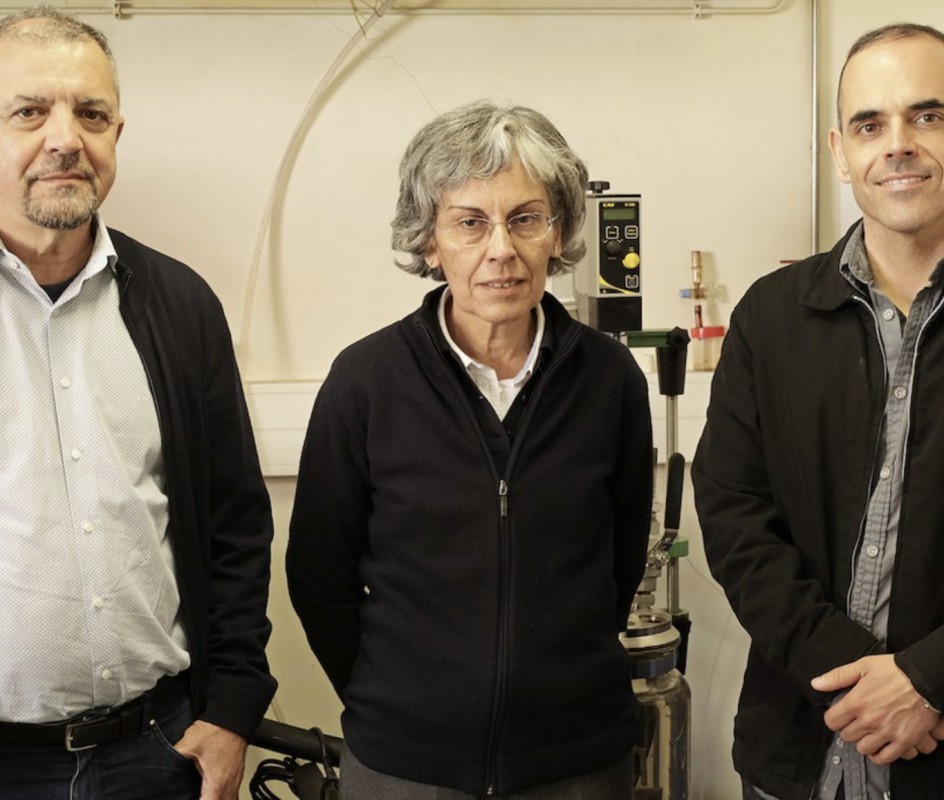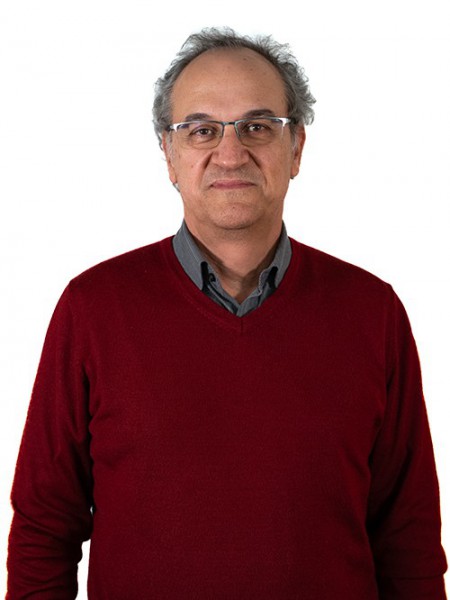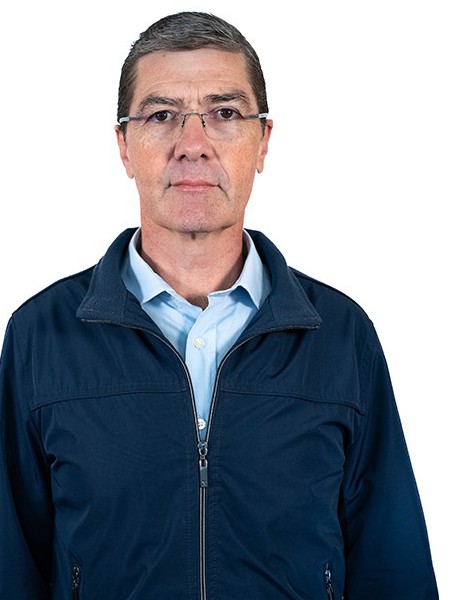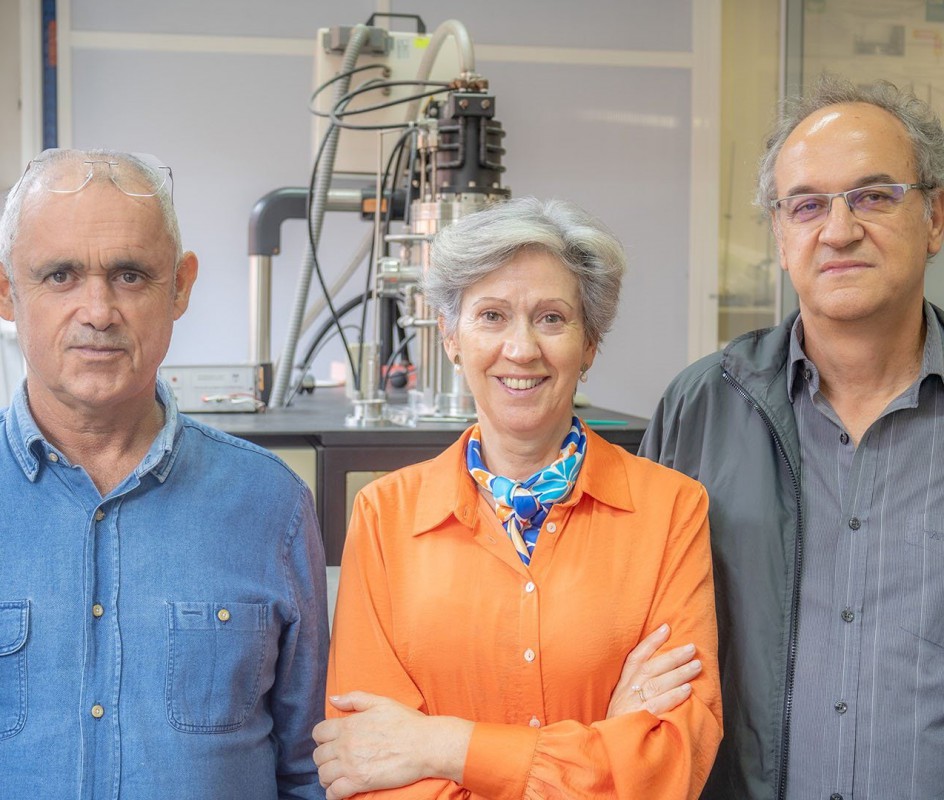
The University of Aveiro (UA) highlighted the diamond thin-film reactor as one of the significant milestones in its history. In a special article, the university emphasizes that 2024 marks 30 years since UA acquired this technology, then unique in the country, enabling numerous projects in partnership with industry, as well as master's dissertations and doctoral theses. This achievement was possible through an application to NATO's Science for Stability (SfS) program.
The production of diamond films, made possible at UA in collaboration with the then Department of Ceramic and Glass Engineering — later the Department of Materials and Ceramic Engineering — has various applications requiring extreme technical precision, particularly in the manufacture of cutting tools, wear-resistant parts, and tools for drilling hard and abrasive materials. This technology has become a critical resource for industries producing wear-resistant components and tools.
Comparing the commercial products available on the market at that time with the solutions developed at UA, these were not at a disadvantage, assures the team that pioneered this research area: Rui Silva, now director of DEMaC, Florinda Costa, professor at DFis, Filipe Oliveira, researcher at DEMaC, and António José Fernandes, senior technician at DFis. Over the years, this has become a core area of work for the Institute of Nanostructures, Nanomodeling, and Nanofabrication (i3N) and CICECO-Aveiro Institute of Materials, a unit that integrates researchers from these departments and other UA departments.
Meanwhile, tools produced using this method, in which the diamond film is applied to composite and non-ferrous materials, are now on the market and are used and produced by other companies. The same technology has also been applied to films for biomedical applications, such as prosthetics and other mechanical components with high wear resistance.
To view the UA article, click here.
Related Articles
We use cookies for marketing activities and to offer you a better experience. By clicking “Accept Cookies” you agree with our cookie policy. Read about how we use cookies by clicking "Privacy and Cookie Policy".




